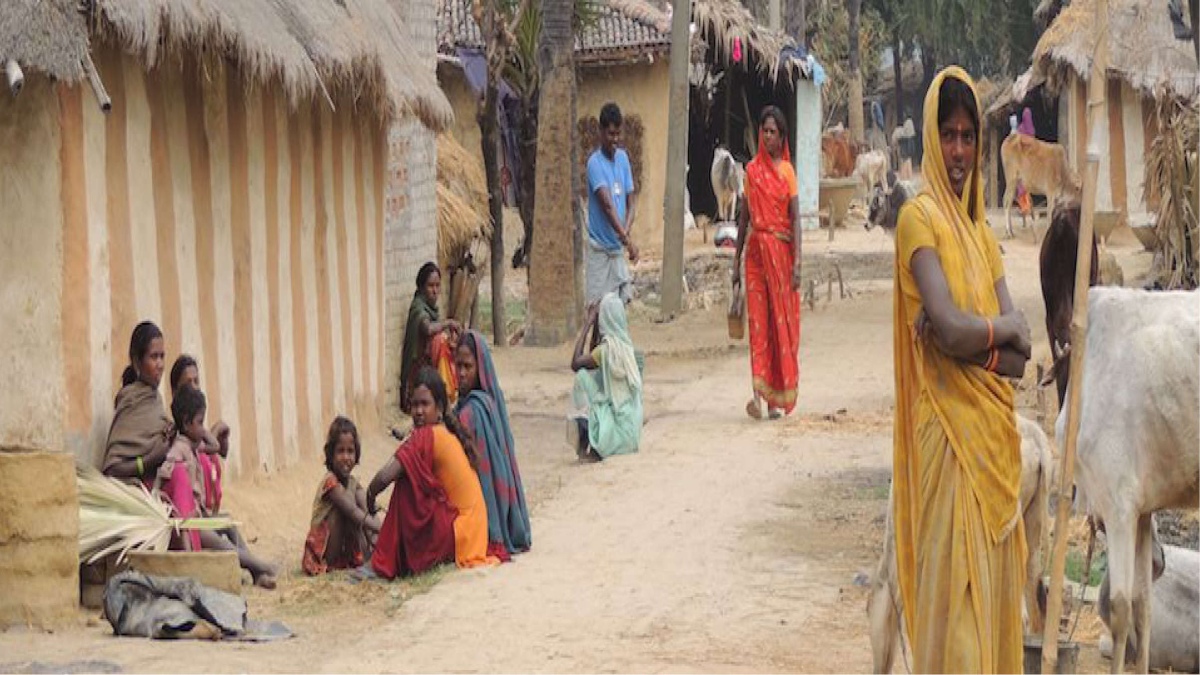


Norman Ralph Augustine, the US-born aerospace businessman, once famously remarked, “Two-thirds of the Earth’s surface is covered with water. The other third is covered with auditors from headquarters.”
It is imperative that we acknowledge the need for complementing the “auditors from headquarters” with “auditors at the grassroots level”. It is time that we ensure that the entire gamut of the auditing exercise is democratised to the lowest level—the gram sabhas and urban local bodies. ‘Social auditing’ in India must get the attention it truly deserves in the policy dialogue and become a fundamental part of the recommended audit process.
Social audits reflect how citizenry involvement in the entire spectrum of the policy designing, implementation and monitoring process of public programmes leads to improved outcomes. They have reinforced the role of the urban local bodies and the gram sabhas. It was in the year 2005 that social audits were made compulsory by law under the Mahatma Gandhi National Rural Employment Guarantee Act (MGNREGA). Realising the effectiveness of ‘social auditing’ as an indispensable tool of policymaking, Parliament, the Supreme Court and many Central ministries had mandated them in quite a few other spheres as well. The million dollar question in this thematic debate therefore becomes: how effectively have social audits been implemented on the ground, based on the standards prescribed in the auditing parameters jointly pioneered by the CAG and the Ministry of Rural Development?
According to the MGNREG Audit of Scheme Rules 2011, ‘The State Government shall identify or establish, under the Act, an independent organisation (hereinafter referred to as Social Audit Unit) to facilitate conduct of social audit by Gram Sabhas.’ A recent report titled, “Social Audit Units in India (2018)”, brought out by the National Institute of Rural Development & Panchayati Raj, Hyderabad, found out that 20 states had set up independent societies to conduct the audit exercise. However, the following seven states have not yet registered an independent society to do social audits (as on 2018): Maharashtra, Rajasthan, Haryana, Jammu & Kashmir (now a UT), Goa, Tripura and Arunachal Pradesh. Therefore, it is imperative that these states/UTs establish independent units and register them as an exclusive society for conducting social audits.
The 2016 Auditing Standards say that the Governing Body should consist of at least the PAG, Principal Secretary and three representatives from civil society, and academic and training institutions, having longstanding experience in working with issues related to transparency and accountability. According to the same report, as on 2018, states like Tamil Nadu, Uttarakhand, Uttar Pradesh, Karnataka and Odisha do not have any civil society representative in their Governing Bodies. Further, the report found that in as many as 43% of the states, the chairperson of the governing body was not as per the stated norms. This sabotages the independent functioning of the SAUs to a great extent.
It is also important that SAUs are financially independent. Financial independence would imply that the ability to withdraw money should be with the SAU itself and the SAU should not be dependent on authorisation from any external body like the Panchayati Raj or Rural Development department. In this respect, the report found that this was the case in the states of Assam, Bihar, Gujarat, Himachal Pradesh, Jharkhand, Punjab, West Bengal, Odisha and Karnataka. Further, as far as the appointment process of the directors of the SAU is concerned, the report states that only 11 states followed an open and transparent appointment process, whereas 16 states did not follow an open process and 2 states have not even appointed directors.
The report digs deeper and examines the effectiveness/outcomes of the audit exercise, and the observations paint a gloomy picture. Consider this: for the periods of 2016-17 and 2017-18 (till November), only 13 SAUs registered grievances and/or detected irregularities. These have pin-pointed a misappropriation amount of Rs 281 crore. However, the action taken by the state governments in response to the social audit findings has been extremely poor: only 7% of the money has been recovered and only 14% of the grievances have been redressed.
The broad policy prescriptions that emerge from the aforementioned discussion are many. First, SAUs must be established in states where they haven’t been set up thus far. Further, they must be allowed to function independently and be provided with adequate and trained staff. Second, the rules must be designed in such a manner so as to ensure that the implementation agencies are required to play a supportive role in the entire social audit process. Third, it is equally important that the concerned authorities take swift action on the outcomes making it a time-bound exercise. In the interest of transparency, the action taken on these findings should be put out in the public domain to be further examined by policy experts, civil society groups and common citizens.
The writer is an Indian Economic Service officer. Views expressed are personal.